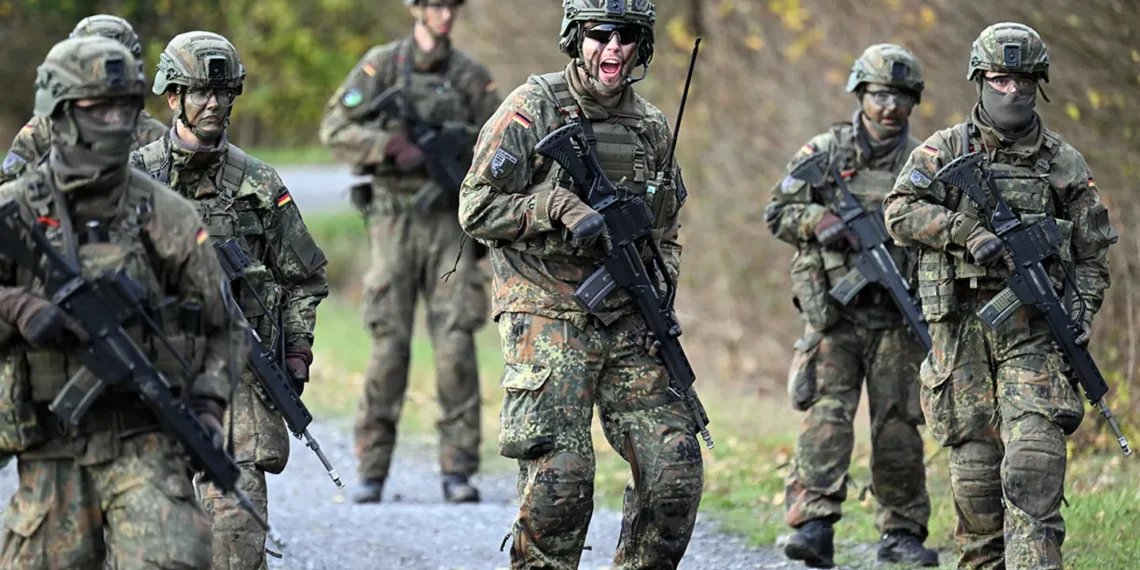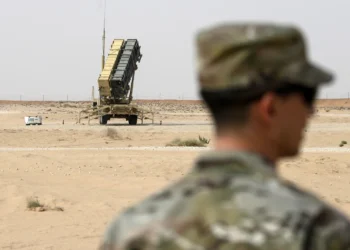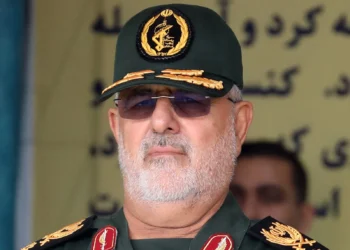BERLIN (Realist English). Germany’s coalition government has approved a new package of incentives to expand voluntary military service, reflecting a broader shift in Europe’s defence posture amid rising concerns over Russia and renewed pressure from Washington.
The agreement — reached between the Christian Democratic Union/Christian Social Union and the Social Democrats — introduces significant benefits for new recruits, including free driving licences, which can cost thousands of dollars, and an increased starting salary of roughly $3,000 per month before tax.
Chancellor Friedrich Merz, who has pledged to transform the Bundeswehr into “Europe’s strongest conventional army,” framed the move as essential for national and continental security. CDU parliamentary leader Jens Spahn said the goal is to attract “as many young people as possible for service to the fatherland.”
Spahn also warned that if voluntary recruitment fails to meet required levels, Germany may need to reinstate compulsory service. “We’ll need to make it obligatory,” he said, noting that such a step would require new legislation.
Analysts say the shift marks a long-delayed reassessment of Europe’s dependence on the U.S. security umbrella. David Wurmser, a former U.S. Navy Reserve intelligence officer and senior adviser to Vice President Dick Cheney, told Fox News Digital that Europe is “finally beginning to contemplate defense in a serious way.”
“For decades, Europeans took for granted the American umbrella and minimized their defence burden,” Wurmser said. Germany’s new direction, he added, reflects a broader geopolitical shift as states confront a coordinated challenge “led by several nations in opposition to Western civilization.”
The renewed push comes after years of criticism from President Donald Trump, who during his first term urged Berlin to increase defence spending and reimburse the U.S. for securing German territory.
Berlin’s latest reforms follow Russia’s continued militarization and the shock of the 2022 invasion of Ukraine, which exposed weaknesses in the Bundeswehr and triggered a €100bn special defence fund. German officials now acknowledge that strengthening the military will require higher spending, rapid recruitment and potentially a return to conscription if voluntary numbers fall short.


















